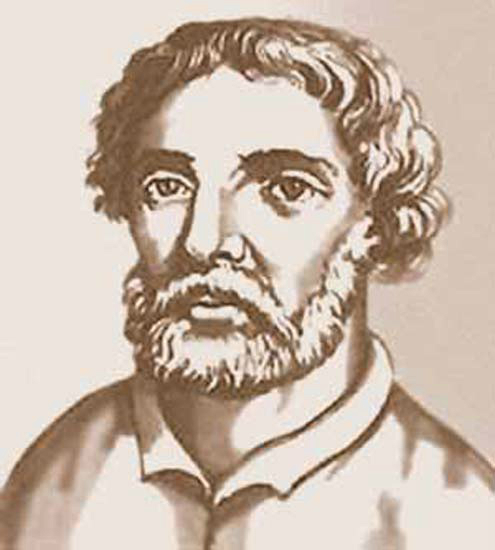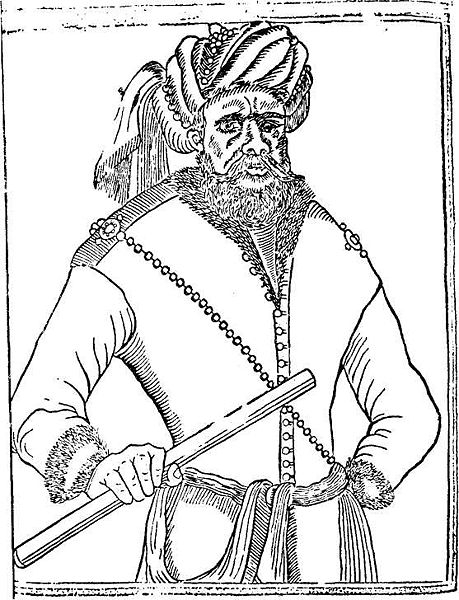Русская народная песня
ИЗ-ЗА ОСТРОВА НА СТРЕЖЕНЬ ♪
Из-за острова на стрежень
На простор речной волны
Выплывают расписные
Острогрудые челны.
На переднем Стенька Разин,
Обнявшись, сидит с княжной,
Свадьбу новую справляет
Он, весёлый и хмельной.
Позади их слышен ропот:
"Нас на бабу променял,
Только ночь с ней провожжался,
Сам наутро бабой стал".
Этот ропот и насмешки
Слышит грозный атаман
И могучею рукою
Обнял персиянки стан.
- Ничего не пожалею,
Буйну голову отдам! -
Раздаётся голос властный
По окрестным берегам.
А она, потупя очи,
Не жива и не мертва,
Молча слушает хмельные
Атамановы слова.
Чтобы не было раздора
Между вольными людьми,
Волга, Волга, мать родная,
На, красавицу прими!"
Мощным взмахом поднимает
Он красавицу-княжну
И за борт её бросает
В набежавшую волну.
Из-за острова на стрежень,
На простор речной волны
Выплывают расписные,
Острогрудые челны.
|
|
Russian raditional song
FROM BEHIND AN ISLE TO MIDSTREAM ♪
From behind an isle to midstream
In the open of river waves
There sail out the ornamented
Cossack boats with raked stems.
Aboard the first there sits Steve Razin
With his arm round the Persian`s waist,
Сelebrating his new wedding.
He`s a drunk and merry man.
But behind him there`s the murmur:
`He has changed us for the dame,
They spent just one night together,
At daybreak he"s a dame himself`.
All the murmur, taunts and sneers
Are heard by the Cossack chief.
His strong hand keeps gently resting
On the Persian beauty"s hips.
`I"ll give all! I"ll stay with nothing,
Madcap, I"ll give all for friends!`
The imperious voice of Razin
Is heard o`er the river banks.
But the Princess, struck with horror,
Dropped her eyes, alas, in vain.
Keeping silence, she just listens
To the master of her fate.
`To breed not strife of the free men,
Mother Volga shall get all!
Mother Volga, take the present
From a Cossack of the Don!`
At one stroke he lifted suddenly
The Royal belle and spouse of his,
Overboard he threw her sharply,
Into the Volga waters deep.
From behind an isle to midstream
In the open of river waves
There sail out the ornamented
Cossack boats with raked stems.
|







